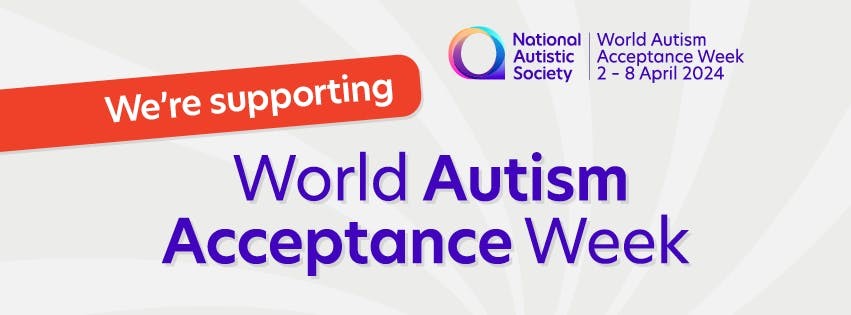
Late-stage autistic diagnosis, employment and burnout
It’s hard to describe the feeling of finding out that you’re autistic at the age of 44.
Hearing those words from a medical professional was such a relief. Getting them in print as confirmation for anyone to see was even more affirming. Now I had a way to explain the difficulties I’d always faced. Instead of my own perceived shortcomings fuelling a low opinion of myself, I was able to feel real pride at what I’d been able to accomplish.
You suddenly see so many things through a different lens and it’s immediately baffling how no one knew sooner. The overwhelming experience of starting school; teachers spotting a bright spark but confused as to why I couldn’t fulfil my potential; tagging along with a group of kids and being able to drop out without anyone noticing; feeling like your life is an act; constant crippling anxiety; feeling inferior and different; feeling like I’m fundamentally flawed; feeling like no one understands me and I don’t understand anyone else.
The first year after my diagnosis was full of moments of realisation: listening to others’ experiences triggered memories of various events throughout my life; each with a new appreciation of why it had been that way. Imagine spending four decades constantly falling over before someone pointed out you’ve been putting your shoes on the wrong feet. It would be a bit like that, only the challenges of being autistic don’t go away when you take your shoes off and you can’t put your brain the right way around. And there’s something about being autistic that usually (not always) means you don’t want to.
Four months after my diagnosis, I had to change jobs. Six months after that, I hit a massive burnout, just like the previous time I’d been forced to change jobs. This time I understood what was going on and spent a lot of my sick leave learning about the autonomic nervous system and polyvagal theory, but it didn’t make it easier. I’m quite fortunate in that our GP surgery tends to be responsive and helpful – but while I was listening to experts suggesting that recovery from burnout can take a year or more, I had a GP tell me that I needed to go back after three months. I didn’t want to be off work: being off sick and worrying what I’ll be going back to, what it will feel like and what people think of me is a massive source of anxiety. But I knew I wasn’t capable of working. We were in the process of moving house and despite having gone through conveyancing, mortgages etc twice before, I couldn’t make head nor tail of some of the information I needed to understand. I was exhausted and even simple tasks, like tidying and cleaning the kitchen at the end of the day felt complicated.
With no alternative, I went back to work. If I’m being honest, I’ve been really struggling with work since 2021: I had what I now understand to be a big burnout then and went back to work totally unfit but I didn’t know what else to do. Pushing through these kinds of experiences and constantly feeling like I can’t cope with things I used to mostly take in my stride really takes its toll and I think the physical effects of the stress and worry is probably shortening my life. Maybe this is one of the reasons autistic people have a significantly shorter life expectancy than non-autistic people. Then I think of my son and needing to be physically and mentally well for him and for me: wanting to live to see as much of his future as possible. I need to reduce the stress I’m under at work and I need to work fewer hours but it’s 2024 and our mortgage and bills mean I need to keep earning what I’m currently earning. So I carry on.
One of the first things I did once I knew I was autistic was to set up the Neurodivergent staff network. I knew there must be hundreds of people there all struggling with similar things: maybe not even knowing why; and I wanted to help them. So I made some enquiries and a few months later the Neurodivergent staff network was formed and was immediately populated by around 80 people who were also looking for others like them.
Meeting other neurodivergent people has been such a positive experience. Some are far more knowledgeable about their condition or conditions (or suspected condition or conditions: self-diagnosis is fully valid given how many barriers can stand in the way of diagnosis) than I am; some are taking tentative steps towards finding out more. I feel like I’ve been able to help people already, in some small way: and those positive interactions and insights help me too. It’s so refreshing, having lived a life of expending extraordinary amounts of energy (that I’m rarely able to muster these days) trying to meet neurotypical expectations, to meet another neurodivergent person and see how easy and rewarding human interaction can be.
Stress, exhaustion and sick leave (my network co-chair has had similar challenges in recent times) has got in the way of progress with the network. But it exists now and isn’t going away. I’m determined to keep building on what we have, providing a forum for neurodivergent people to meet and share experiences and hopefully much more.
By Matthew Harrison Research and Development Officer and the Co-Chair of the Neurodivergent Staff Network






0 Comments